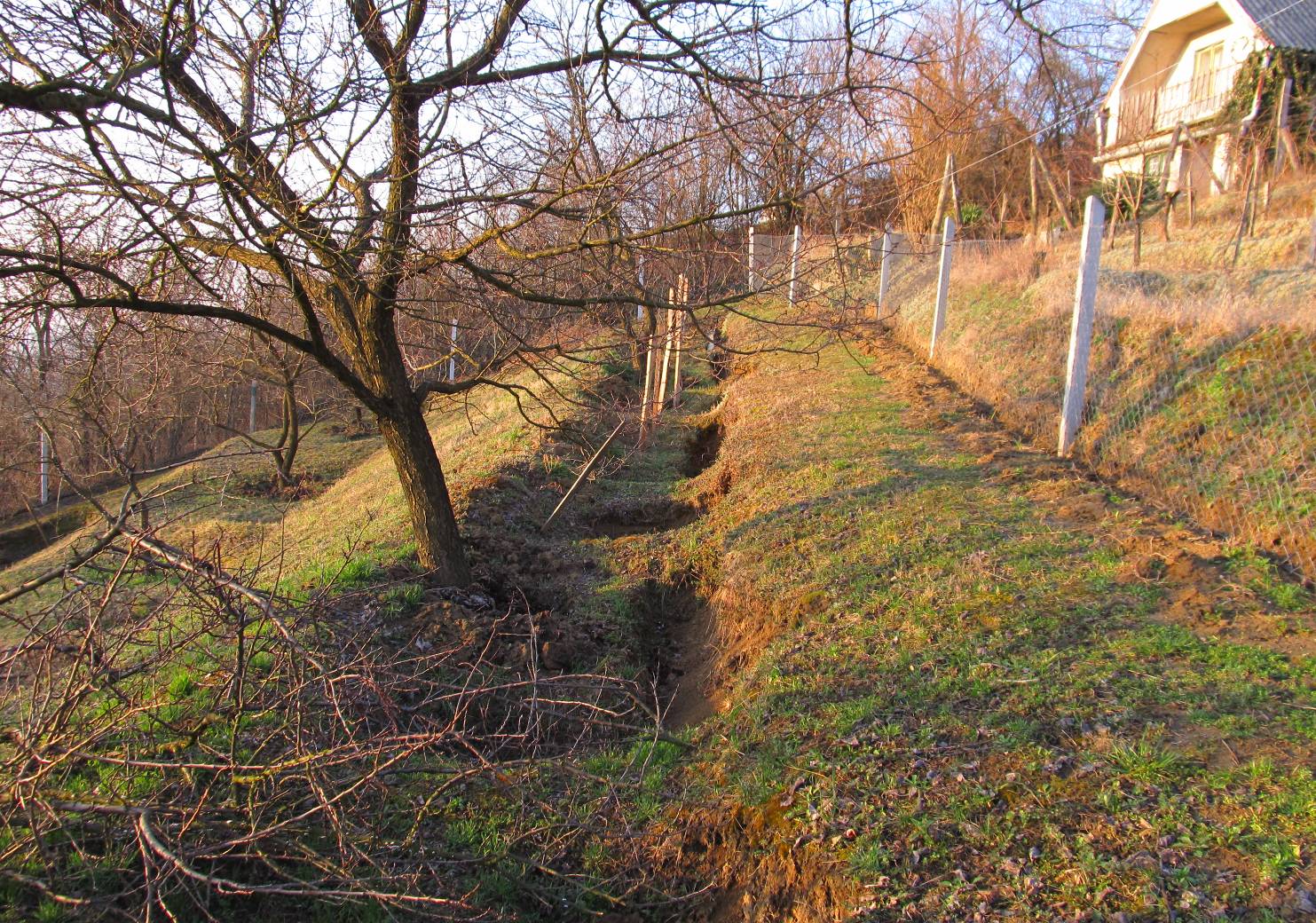- hu
- en
10 Years of Climate Protection
The Problem

Szekszárd is a city in a valley, surrounded by a hill. All households used to have vineyards, today about 1 out of every 3 households still have their own. As climate change evidently affects the local agriculture, i.e. the wine production (changing pests and diseases, increasing irrigation needs, decreasing quality and quantity of products, soil degradation), many of the residents clearly experience the negative impacts of climate change.
Moreover, according to a survey conducted in 2009, about 50% of the local residents had had personal experience related to climate change (citing changing seasons, hotter summers, more intensive storms and damages resulting therefrom, health problems, hail damage etc.).
The Solution
A representative from the local government, himself an agricultural producer, who had previously worked at the pest control authority, the chamber of agriculture and is an amateur meteorologist for forty years – realised in 2007 that the issues of climate change should be addressed at municipal level. Having realised this, he made Szekszárd join the National Alliance of Climate Friendly Municipalities in 2008. This meant that the city committed to pay membership fee thereto, employ a ‘climate coordinator’, prepare a strategy on climate change and establish a dedicated fund.
The local government contracted the local green NGO Zöld Társ Alapítvány (herebelow: ZTA) to be the Climate Coordinator of Szekszárd, which was a task smoothly compatible with their ongoing activities. Firstly ZTA conducted a survey among local residents on their attitude towards climate change as a starting point.
ZTA searched for local people interested in the topic to form a social basis for their activities. (Relevant movies were shown in a free festival to the residents, to employees of the municipality and in schools (in working hours), followed by discussion.) A database of interested people was built. Active personal contact needed to be established. Szekszárd’s Climate Club was established in an Opening Plenary with about 65 members, active in 5 (today 6) working groups.
Climate Strategy was developed by ZTA and the Climate Club’s working groups. Comments from residents were also published on the website and incorporated. The Strategy was then adopted in 2010. The Climate Strategy is implemented through (originally) yearly action plans, in the form of a number of regular and new activities (including own programs and grants for local initiatives financed from the Climate Fund), eg. awareness raising sessions and tours, innovative adaptation solutions are tried and popularised.
Role of actors in the solution:
- The local government appoints the heads of the working groups of the Climate Club, co-decides (approves) on grants for given activities and takes overall responsibility for the programs.
- ZTA (a team of 5 people who work part-time on Climate Coordination) coordinates the overall activities, ensures effective workflow and monitoring, and reports back to the local government. Their job requires meticulous meetings with all relevant actors.
- The NGO co-decides on grants for given activities and also carries out certain programs.
- The plenary of the Climate Club sets further directions of implementation and discuss planning of activities. The working groups assess and recommend grant applications for approval.
- Local organisations and private residents could provide comments to the Strategy. They can participate in the work of the Climate Club. Moreover, they can apply for a grant for activities in line with the Climate Strategy on a yearly basis.
Success factors:
- personal commitment of a prominent local representative and all active stakeholders (cf: paragraph on ‘Trial and error’ in section ‘Steps toward the solution’)
- consistency, continuity: strategic approach, not a project-based solution. Long-term planning and regularity of certain activities – supported by continuous media work – are of key importance. The fact that the implementation is done by a permanent actor renders it easy for the local organisations and people to contact them in case they have a proposal or seek for a solution, or for the local media if they are interested to know more about climate change.
- mobilising local organisations and residents – creates wide commitment and adds implementing capacity (about 30 organisations have organised the various activities)
- cooperation: continuous professional discussions (including with National Alliance of Climate-Friendly Municipalities), taking on board residents’ views
The Lessons
In 8 years, ZTA has managed to mobilise about 10% of local residents to actively participate in climate related activities. Szekszárd has become a flagship in Hungary and its approach is being taken over by other municipalities in the region (county) as well.
The above case is a good example of a partnership between the local government and a local green NGO. It clearly shows the importance of personal commitment from the participants of the process, the need for awareness raising among political decision makers leading thereto, and the importance of giving ownership to a wide local social basis, which is partly an objective of the process and partly a means to successful implementation by adding implementing capacity. Moreover, ZTA could ensure the credibility of the activities given their professional competences. It is also a lesson learnt that consistency - in the form of permanent contacts, long-term planning, regular activities and continuous media work - is key to success.